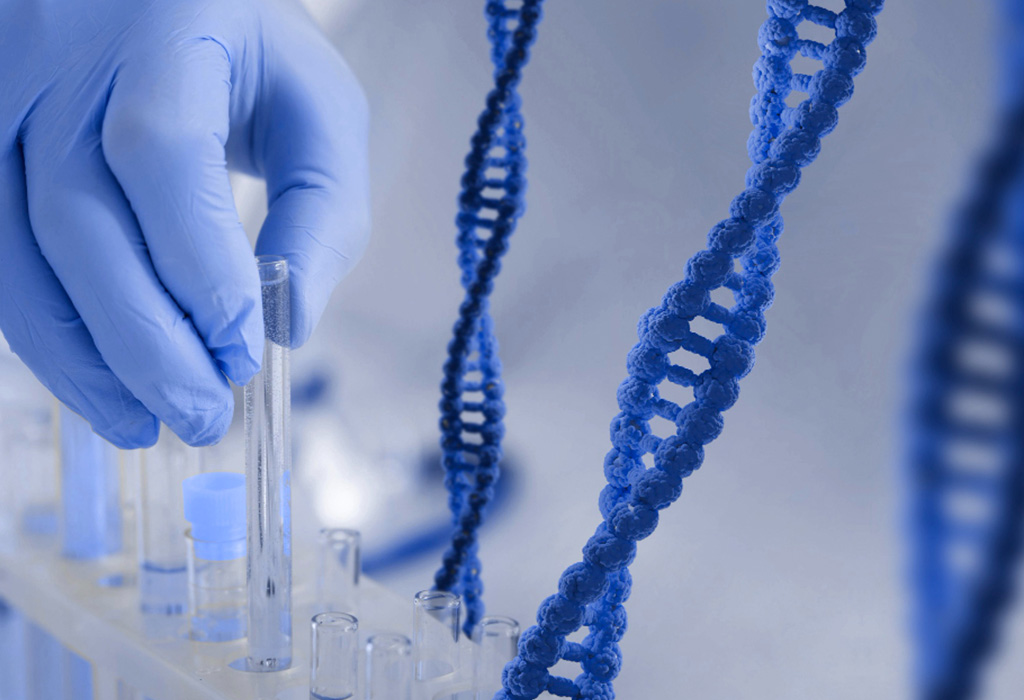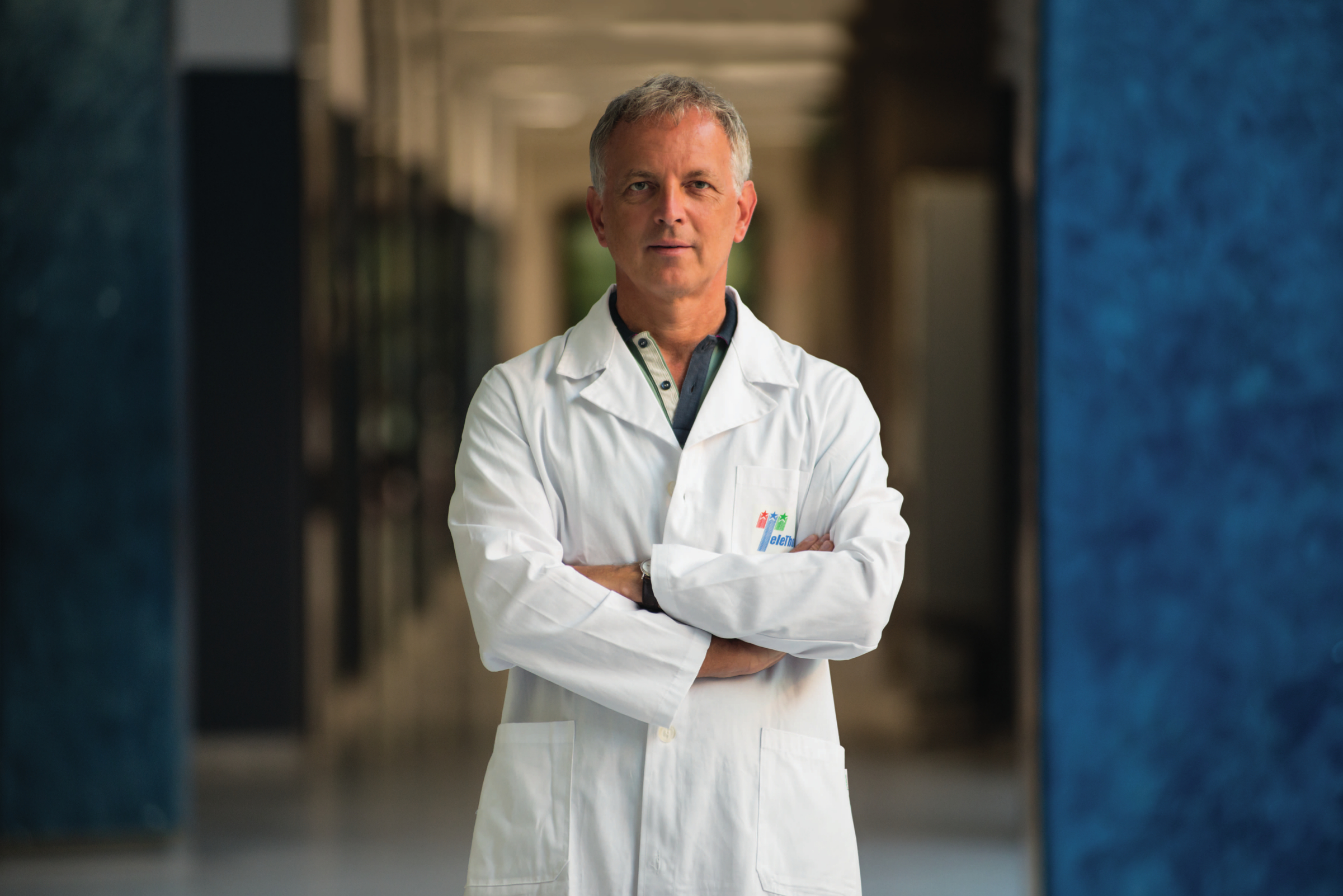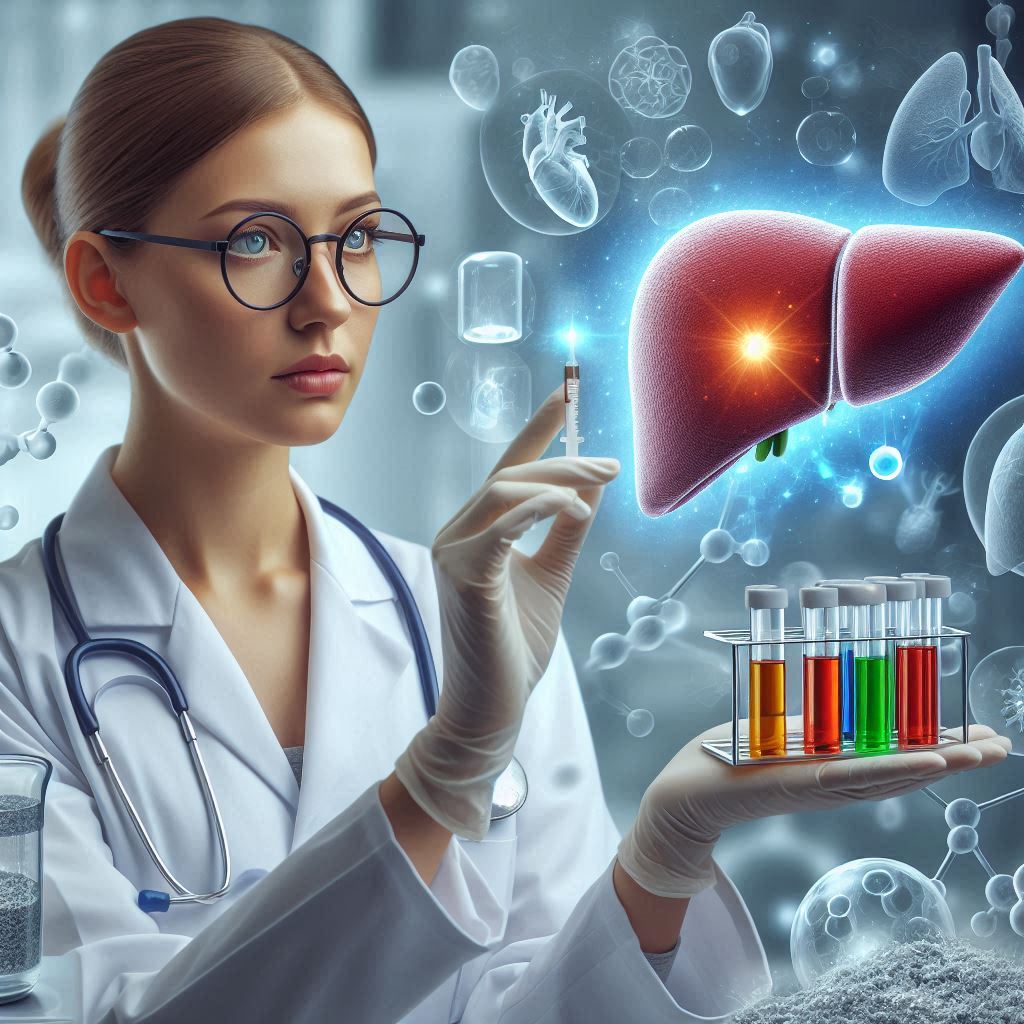Researchers at Penn Medicine’s Abramson Cancer Centre and the Perelman School of Medicine have reported positive early findings from a Phase I clinical trial of AT101, a novel CAR T cell therapy that targets CD19 through a unique binding mechanism. At the higher dose levels examined in the trial, the treatment demonstrated a 100% complete response rate.
For several patients with blood malignancies who had exhausted all other therapeutic choices, CAR T cell therapy has completely changed their course of care. While CAR T cell therapy produces long-term responses in many people, it doesn’t work in others, or the cancer eventually returns. The same epitope is used by all currently approved CD19 CAR T cell treatments to target CD19. Marco Ruella, an assistant professor of hematology-oncology and the scientific director of the Lymphoma Programme, and his research team, in collaboration with the Korean company AbClon Inc., co-developed a CAR T product (AT101) using cells from the same patient. This product targets CD19 through a different epitope that is closer to the cell membrane via a novel antibody in an attempt to increase the efficacy of CD19 CAR T cell therapy for more patients.
The Phase I first-in-human clinical trial was conducted in South Korea and enrolled 12 patients with relapsed or refractory B cell non-Hodgkin’s lymphoma (NHL).





